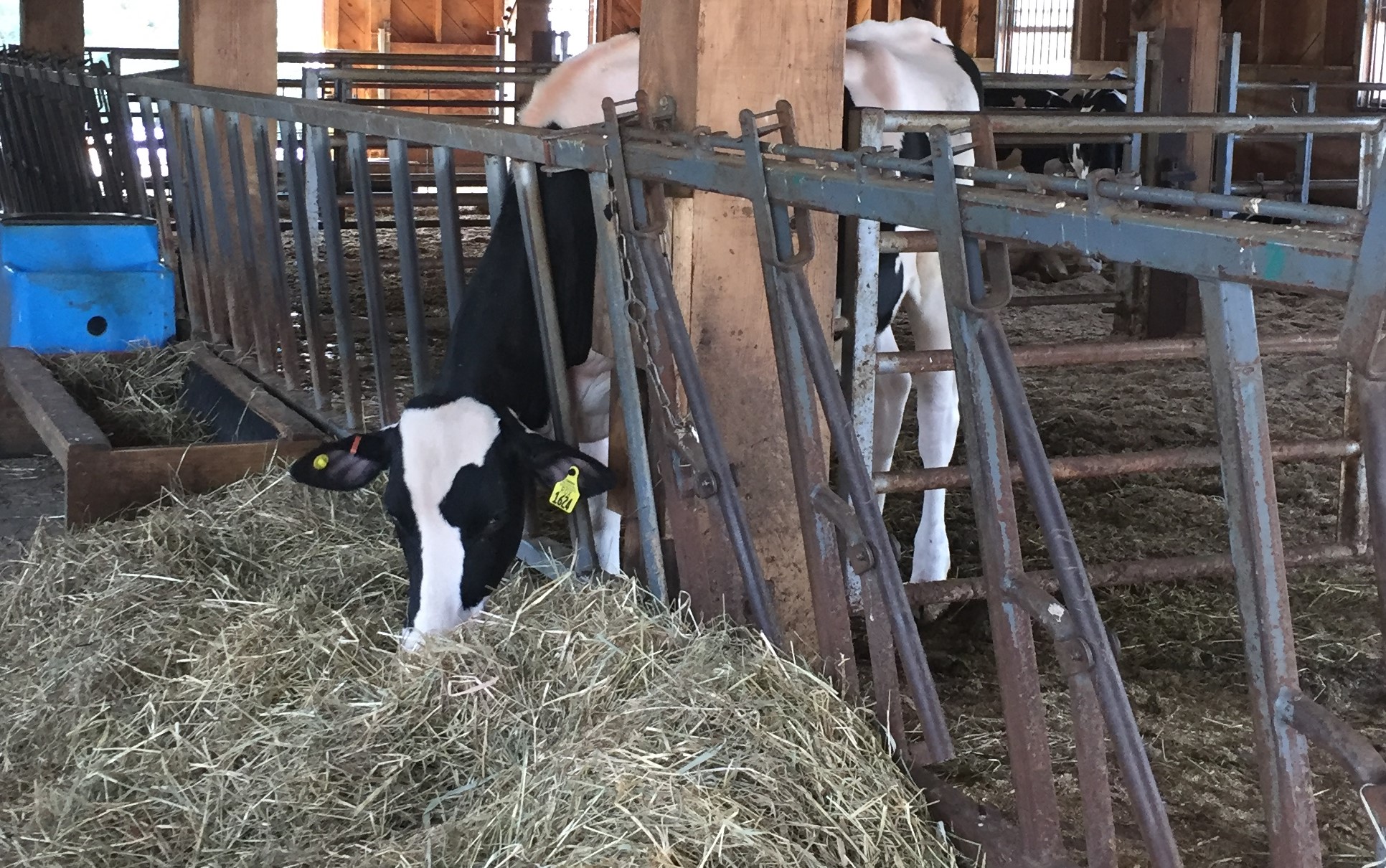
DOVER, NH – Climate-friendly upgrades financially out of reach for New Hampshire farmers, producers and landowners may now be possible after $19.5 billion in Inflation Reduction Act money was allocated this week to the U.S. Department of Agriculture’s Natural Resources Conservation Service.
The USDA announced Monday that $19.5 billion from the IRA will be spread over five years to help boost climate-friendly programs across the U.S., including $850 million for fiscal year 2023.
The additional IRA money means that New Hampshire’s 4,100 farms and agricultural producers can get financial support for voluntary changes to mitigate climate change and protect the environment that they otherwise couldn’t afford, said Becky Ross, NRCS state conservationist for New Hampshire, in a news release. There was an initial signup period for fiscal year 2023 that closed in November, but the new allocation opens up the opportunity to more farmers, she said.
“While many of our producers have a strong desire to implement climate-smart agricultural practices in New Hampshire, the cost of those measures is difficult as they recover from the impacts of inflation on their operations,” Ross said. “Making changes at the producer level when they are in the red or just at breakeven can be seen as a risk they can’t take right now. This funding will help producers reduce that risk while also having a positive impact on our climate.”
Farmers and non-industrial agricultural producers have until March 17 to apply for the Environmental Quality Incentives Program, Conservation Stewardship Program and Agricultural Conservation Easement Program funded with the IRA money.
The focus of the programs is on implementing climate-smart agricultural practices, Ross said. Financial and technical assistance is offered through the programs. Some of the practices that farmers may be able to implement are things like cover cropping, conservation tillage, wetland restoration, prescribed grazing, nutrient management, tree planting and more.
The IRA’s long-term impact “will provide economic resiliency to our local food and fiber markets,” Ross added.
U.S. Agriculture Secretary Tom Vilsack, in announcing the $19.5 billion allocation Monday, said, “The Inflation Reduction Act provided a once-in-a-generation investment in conservation on working lands, and we want to work with agricultural and forest landowners to invest in climate-smart practices that create value and economic opportunity for producers.
“We know that agriculture plays a critical role in the nation’s effort to address climate change, we’re using this funding to bolster our existing programs, maximize climate benefits, and foster other environmental benefits across the landscape,” he said.
The IRA funding includes an additional:
- $8.45 billion for the Environmental Quality Incentives Program (EQIP), which helps farmers, ranchers and forest landowners integrate conservation into working land.
- $4.95 billion for the Regional Conservation Partnership Program (RCPP), a partner-driven approach to conservation that funds solutions to natural resource challenges.
- $3.25 billion for the Conservation Stewardship Program (CSP), which helps identify natural resource problems, and provides technical and financial assistance to solve them in an environmentally beneficial and cost-effective manner.
- $1.4 billion for the Agricultural Conservation Easement Program (ACEP), which helps landowners, land trusts, and other entities protect, restore, and enhance wetlands or protect working farms and ranches through conservation easements.
The New Hampshire NRCS also this week announced a new round for EQIP, CSP and Agricultural Management Assistance (AMA) programs, separate from the IRA allocation, through traditional Farm Bill funding. The AMA helps agricultural producers manage financial risk through diversification, marketing or natural resource conservation practices. Signup for the programs is year-round, but those who miss the deadline will have to wait until the next round of funding.
Information on all of the programs is available on the NRCS New Hampshire website.







